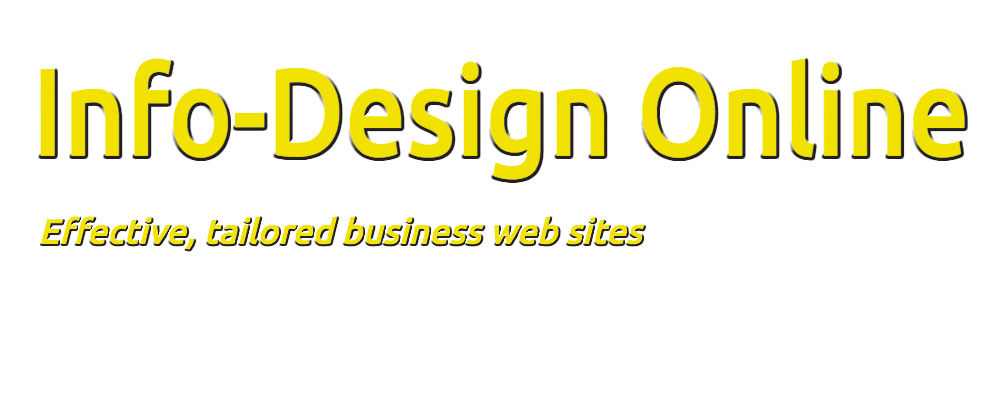Seven Keys to an Effective Web Site
The following page is due for review and update. While the general concepts present remain valid, many of the details continue to evolve.
Know your audience: Know who are they, where are they, what do they want, need and desire. Since the Web is a thoroughly user-driven media, knowing something of those who (you believe) will visit your site is paramount. Blindly assuming they want what you want, know what you know, think the way you think, is a sure path to disappoint. Depending on the size of your investment, a little market research can be very valuable.
Know your promotional pathways: Your customers - how do they find you off-line? And on-line? Is your web site the first point of contact you have with prospective customers? If it is then some form of marketing may be required in order for the site to be effective. Or, are customers directed to the site after another point of contact? Is the site pre-sales, part of the sales process, or is it after-sales?
If your site provides free information (often a good idea) how will visitors move to prospective customers and then towards an actual sale? If there is a clear call to action on the site how does the customer take up this call? Try it out for yourself. Have some others try it out. How will your organisation respond to their request? Test this.
Know your purpose: What one or two goals are behind your online investment?
What do hope to achieve? Are you marketing your image or your products? Are you attracting prospective clients, or closing sales with interested inquirers? Are you hoping to make money, save money or both?
Open new markets or better server existing ones? Not easy questions, but important ones.
Know your site's usage: How do visitors access, traverse and leave your site?
The old "Hit Counters" are not enough (and they are so '20th Century'). Wouldn't you like to know what your visitors are most interested in - which products, which services? Is this what you thought? Systems can be set up to monitor a range of variables which when analysed can provide very market powerful information.
Build trust: Go out of your way to build trust and confidence: Trust in both your business and your product/service.
How many times have you made purchases online? What one key factor influenced your buy/not buy choice? Didn't it have a lot to do with your perception of trust?
Do I know who these people are? Will I get what I'm paying for? What do I do if something goes astray in the process? Difficult to build, customer trust is essential as people remain wary of online schemes and scams.
Be reachable: Your full contact details - have them visible on every page of the site.
The mystic of 'hyperspace' wears off rather quickly when a visitor realises they need to talk to a 'real' person with a 'real' phone number and postal address.
Part of building trust, a reputable business needs to be seen to be legitimate and accessible in the real world.
Be yourself: An effective web site is one which clearly and accurately presents the uniqueness of your own particular provision of a product or service.
The Web is intensely visual. Why waste the opportunity for branding your product and your business with a "cookie-cutter" style web site - or worse a "free" site with other people's advertising all over it? Surely an investment has been made in developing your unique corporate image. An investment which should extend to your online presence. So be who you are!
Having made it through these Seven Keys to an effective web site, notice how small a part technical issues play while how central good business sense is. While the web may seem the domain of 'geeks,' marketing wisdom and business sense marks the difference between a 'cool' site and a profitable one. See also The Ten Myths.

